Graves Disease Type 2 Hypersensitivity
Graves disease type 2 hypersensitivity. Hemolytic disease of the new born Good pasture syndrome drug sensitivity Rh antigen acetylcholine receptor Antibody IgG IgM Paralysis anemia nephritis. It is usually has slow onset and most people say that the adrenals. Type II hypersensitivity reaction involves antibody mediated destruction of cells.
Hypersensitivity reactions require a pre-sensitized state of the host. Antibody is directed against antigen on cells such as circulating red blood cells or extracellular materials basement membrane. 1 direct cellular destruction eg autoimmune hemolytic anemia and immune thrombocytopenia 2 inflammation eg Goodpastures syndrome and acute rheumatic fever and 3 disrupting cellular function eg myasthenia gravis and Graves disease.
Opsonization and complement- and Fc receptor-mediated phagocytosis Complement- and Fc receptor-mediated inflammation. Proliferation of vascular smooth muscle parenchyma atrophy interstitial fibrosis due to cytokine damage. Chronic rejection Months to years Type of transplant reaction Type 2 4 hypersensitivity reactions - CD4 T cells respond to recipients APCs presenting donor peptides including allogenic MHC.
An example of anti-receptor type II hypersensitivity also classified as type V hypersensitivity is observed in Graves disease in which anti-thyroid stimulating hormone receptor antibodies lead to increased production of thyroxine. They are usually referred to as an over-reaction of the immune system and these reactions may be damaging uncomfortable or occasionally fatal. Subsequently question is is Graves Disease Type 2 hypersensitivity.
The antigens recognised in this way may either be intrinsic self antigen innately part of the patients. It is also known as cytotoxic reaction. Type I diabetes mellitus involves a type IV hypersensitivity reaction.
Type II hypersensitivity is also known as cytotoxic hypersensitivity or antibody-mediated hypersensitivity reactions. This is a long and not so effectively countered by the. Hypersensitivity refers to undesirable reactions produced by the normal immune system including allergies and autoimmunity.
The Gell and Coombs classification of hypersensitivity is the most widely used and distinguishes four types. Type II hypersensitivity reaction refers to an antibody-mediated immune reaction in which antibodies IgG or IgM are directed against cellular or extracellular matrix antigens with the resultant cellular destruction functional loss or damage to tissues.
Hemolytic disease of the new born Good pasture syndrome drug sensitivity Rh antigen acetylcholine receptor Antibody IgG IgM Paralysis anemia nephritis.
Also it may affect a variety of organs and tissues. Type III hypersensitivity is caused by excess production. Subsequently question is is Graves Disease Type 2 hypersensitivity. Type II hypersensitivity. An example of anti-receptor type II hypersensitivity also classified as type V hypersensitivity is observed in Graves disease in which anti-thyroid stimulating hormone receptor antibodies lead to. It is also known as cytotoxic reaction. Type II hypersensitivity Mediated by abs directed towards antigens present on cell surfaces or the extracellular matrix type IIA or abs with agonisticantagonistic properties type IIB. Type II hypersensitivity reaction involves antibody mediated destruction of cells. The Gell and Coombs classification of hypersensitivity is the most widely used and distinguishes four types.
Type II hypersensitivity Mediated by abs directed towards antigens present on cell surfaces or the extracellular matrix type IIA or abs with agonisticantagonistic properties type IIB. Choose from 500 different sets of termgraves disease type ii hypersensitivity flashcards on Quizlet. Also it may affect a variety of organs and tissues. Type II hypersensitivity. They are usually referred to as an over-reaction of the immune system and these reactions may be damaging uncomfortable or occasionally fatal. It is also known as cytotoxic reaction. Graves disease is caused by a type II antibody-mediated hypersensitivity reaction.
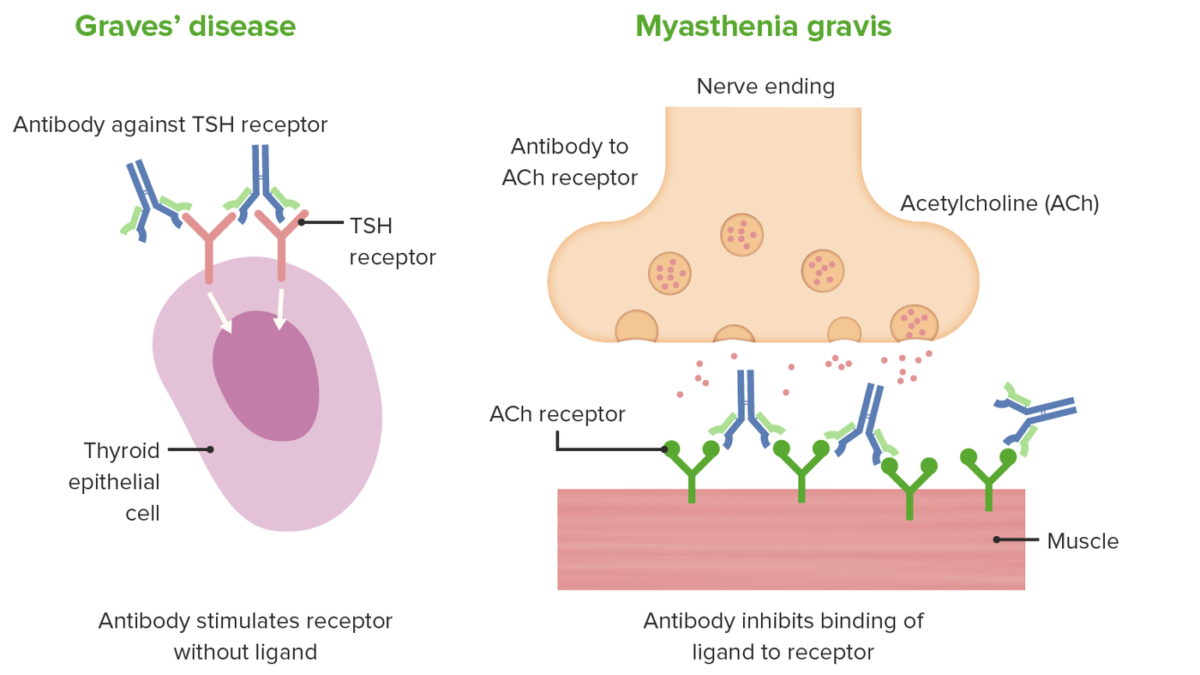









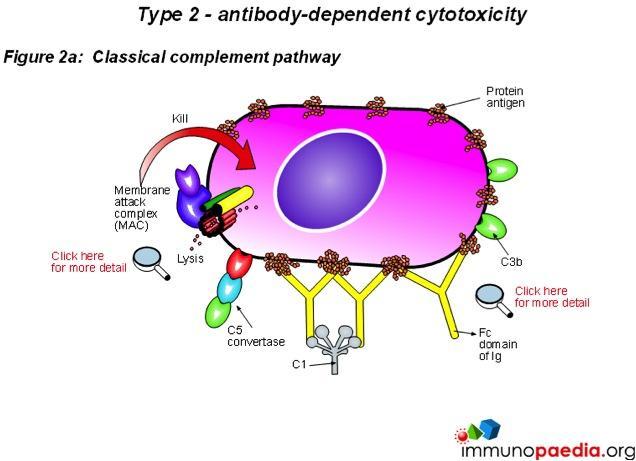
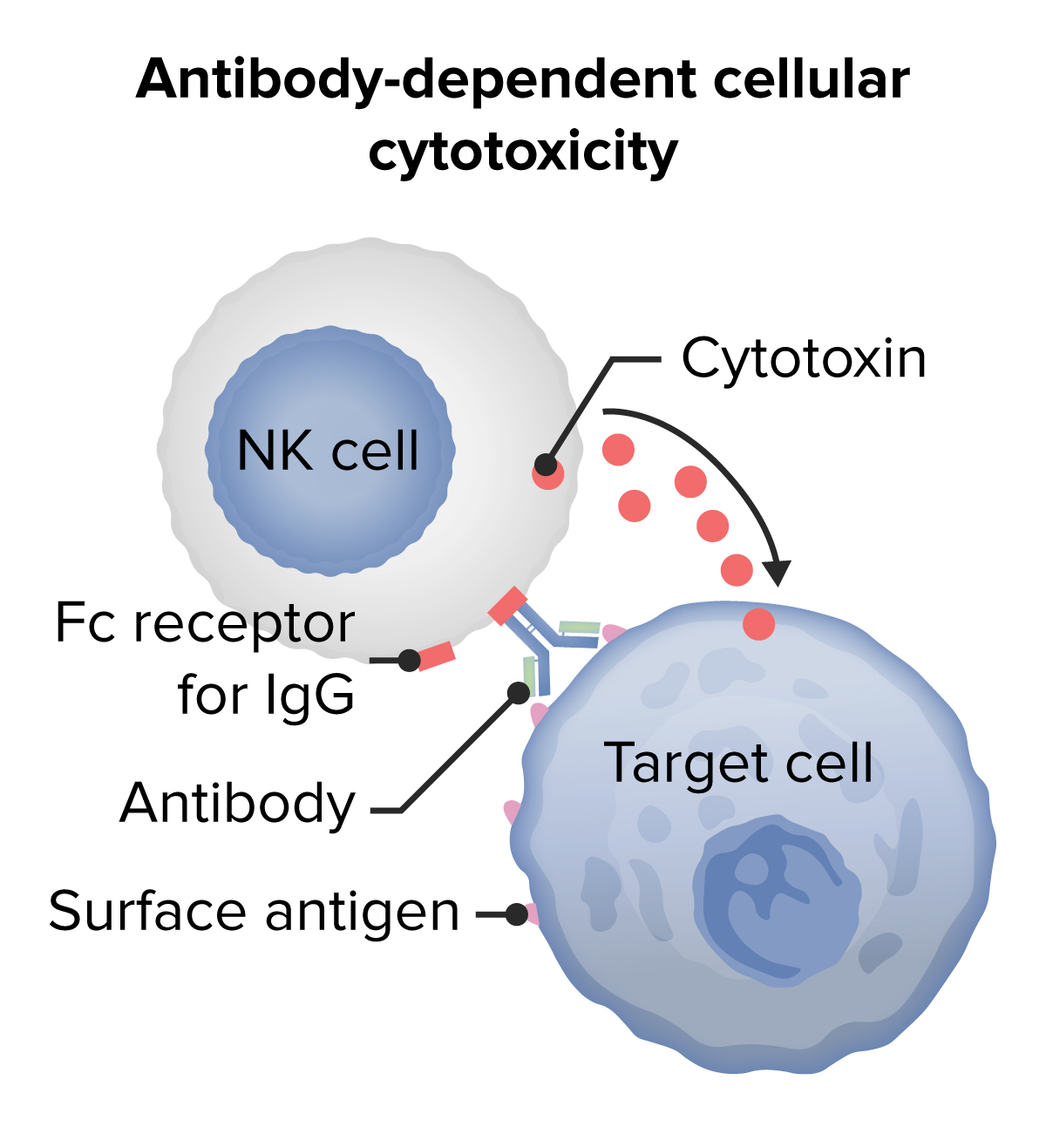


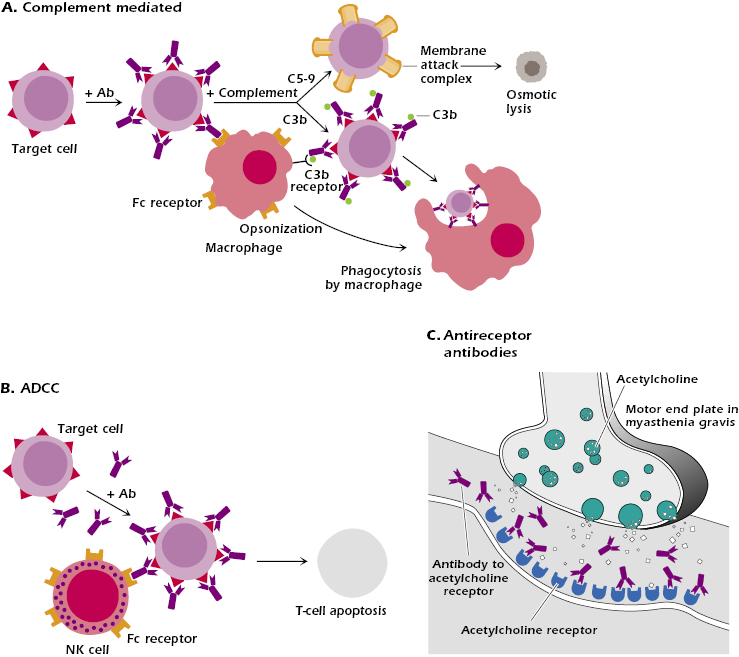
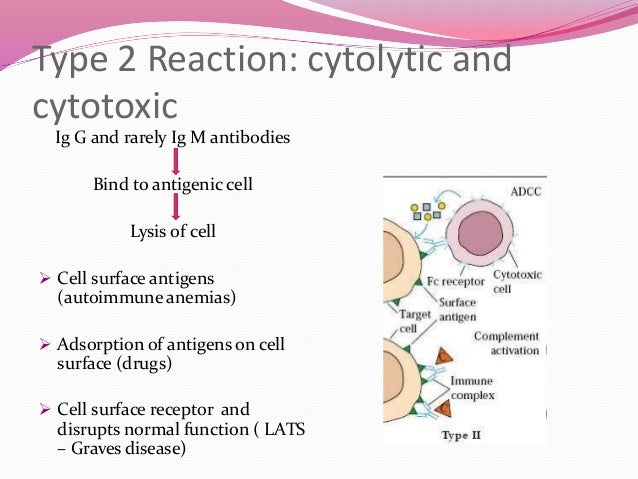


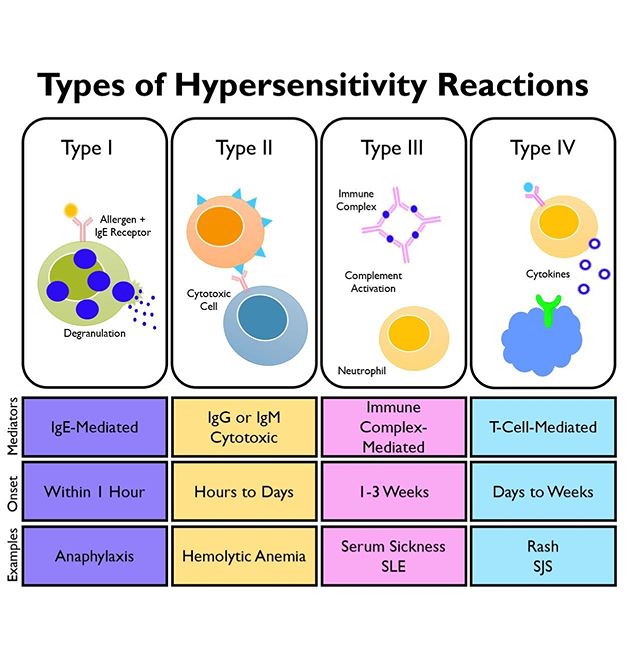
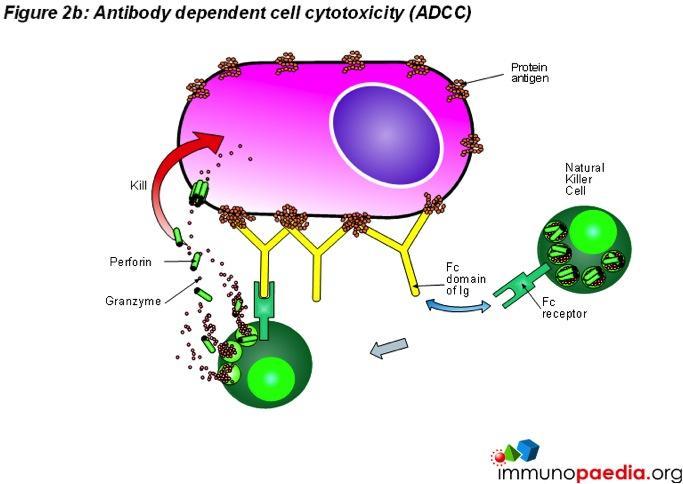



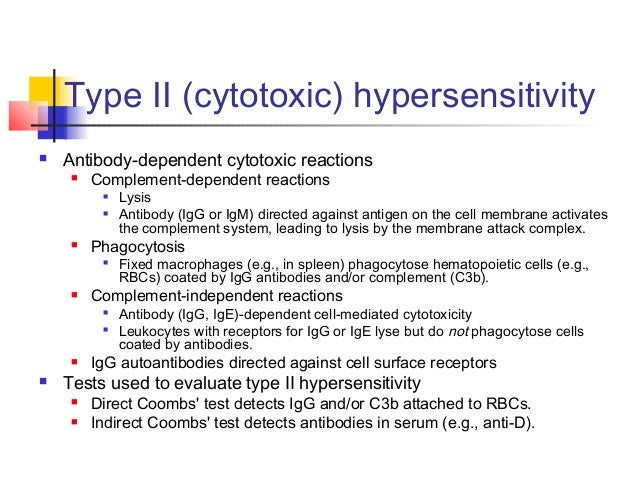
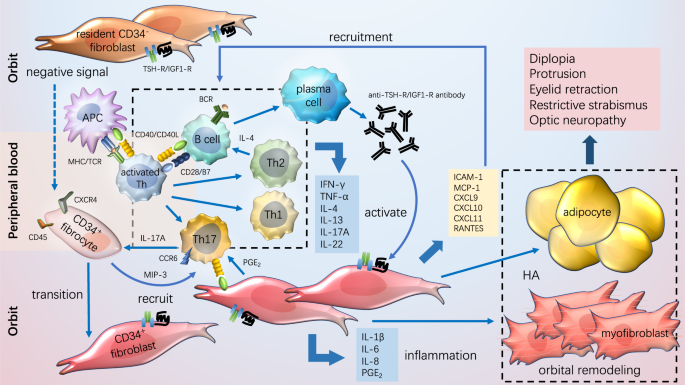

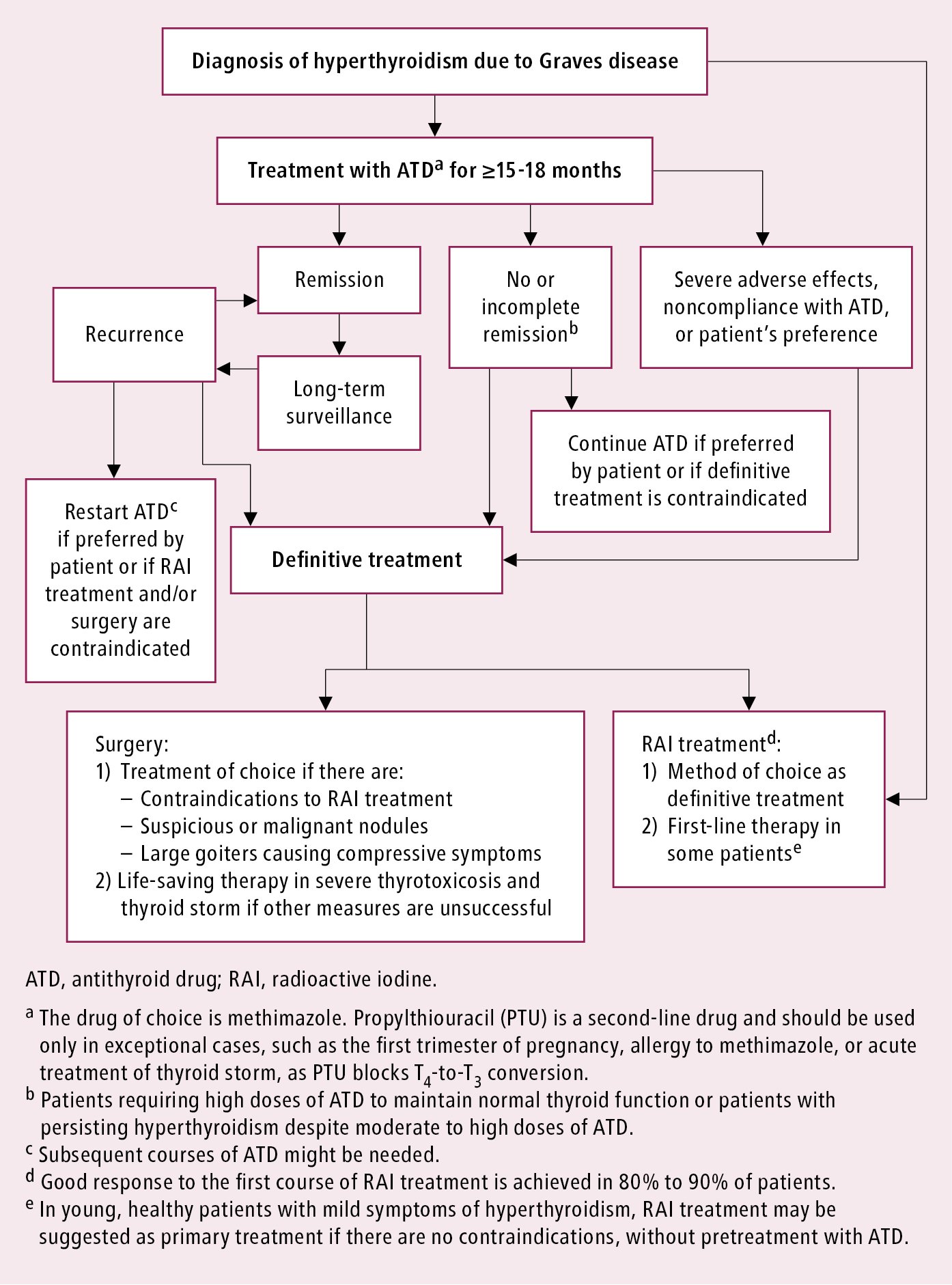

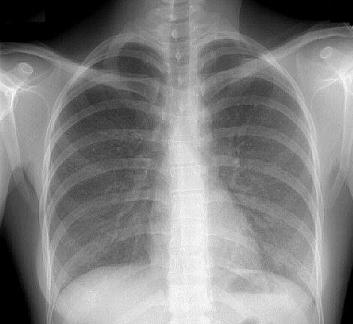


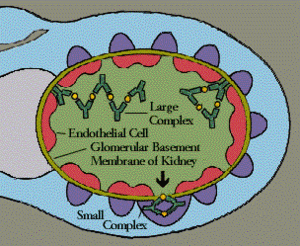





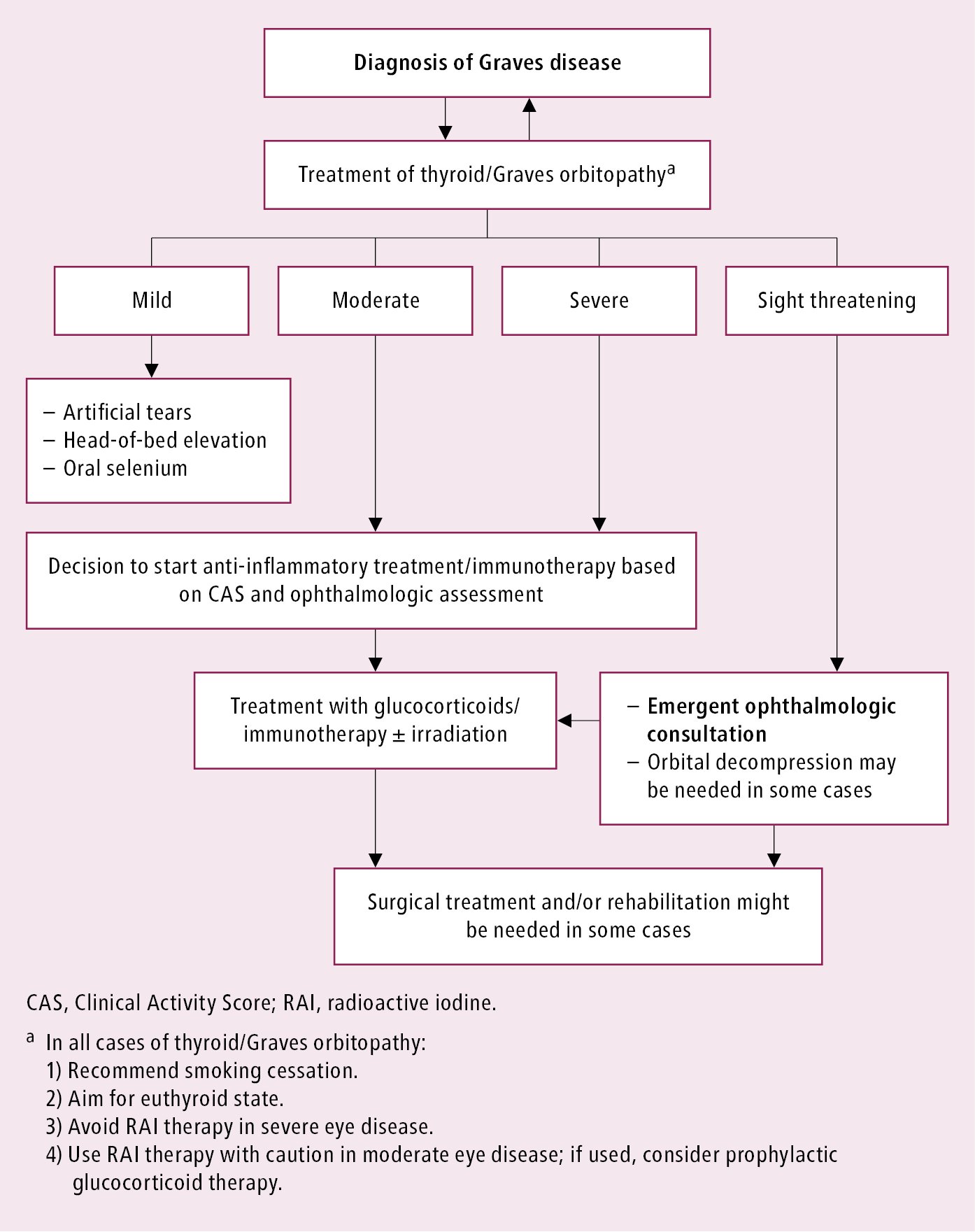
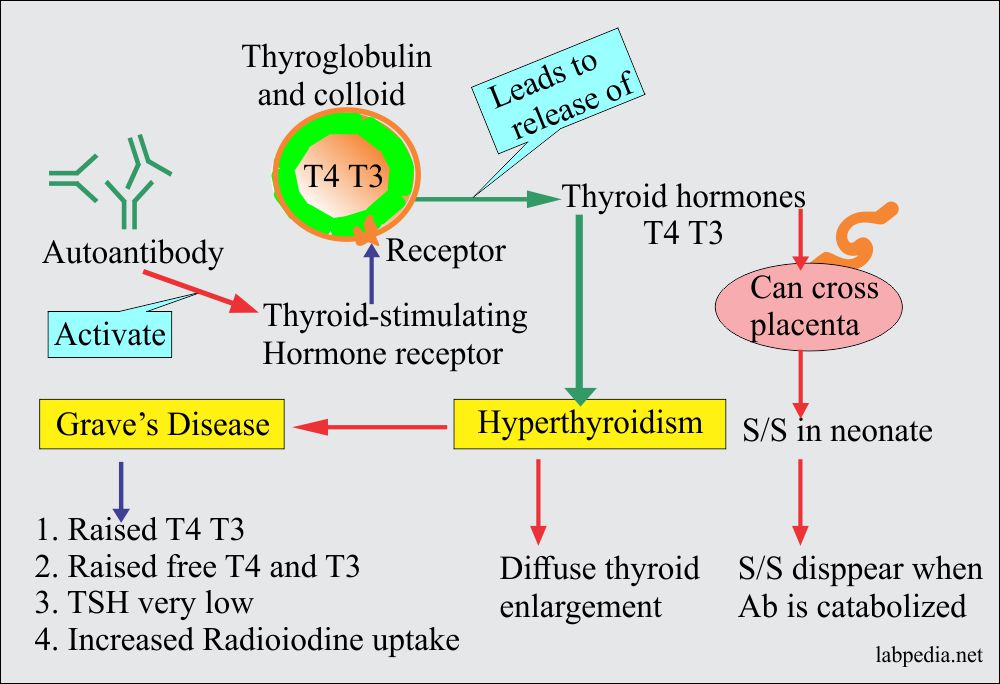
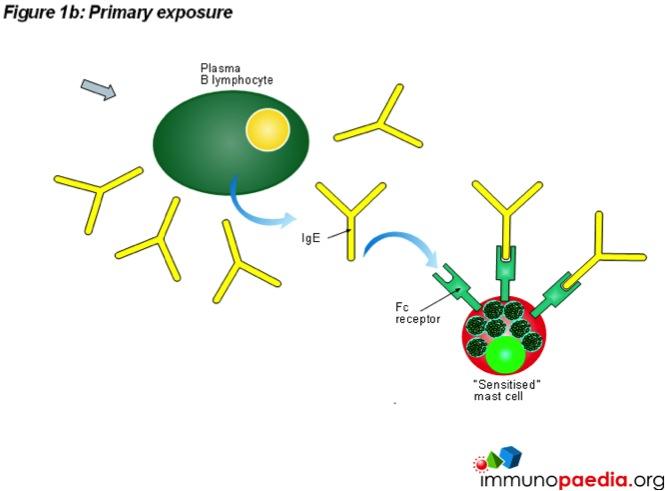

Post a Comment for "Graves Disease Type 2 Hypersensitivity"